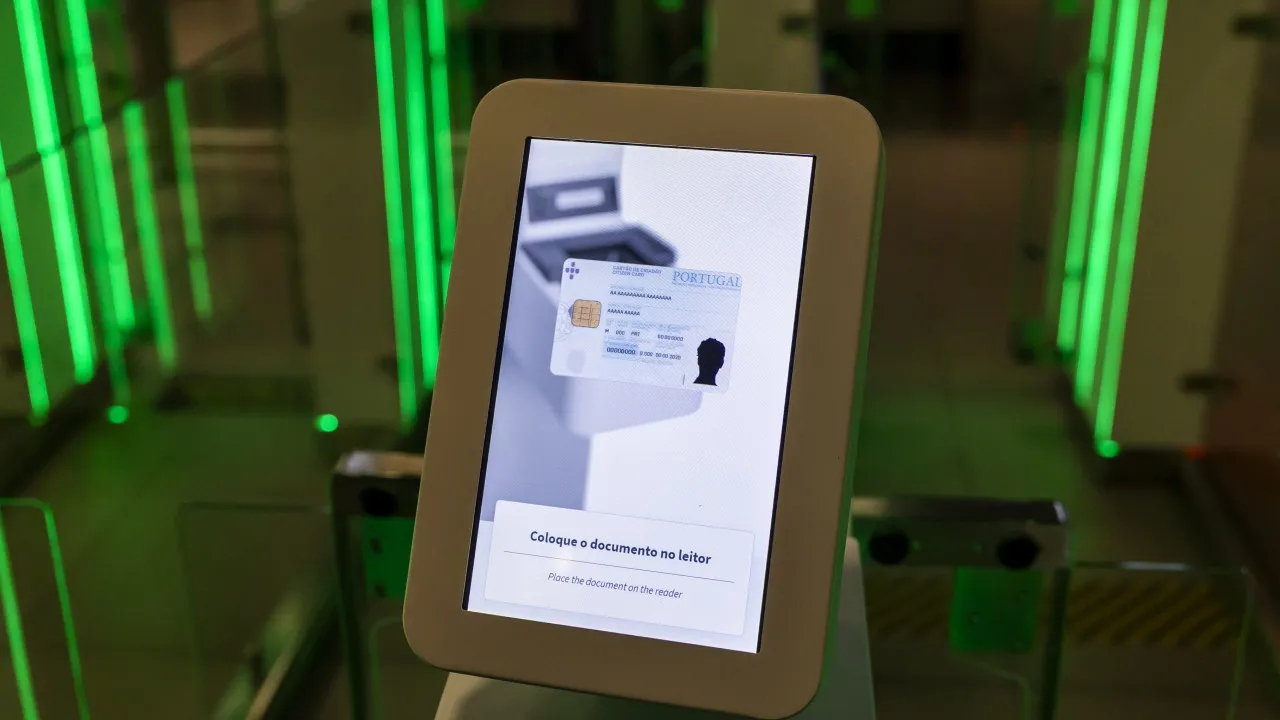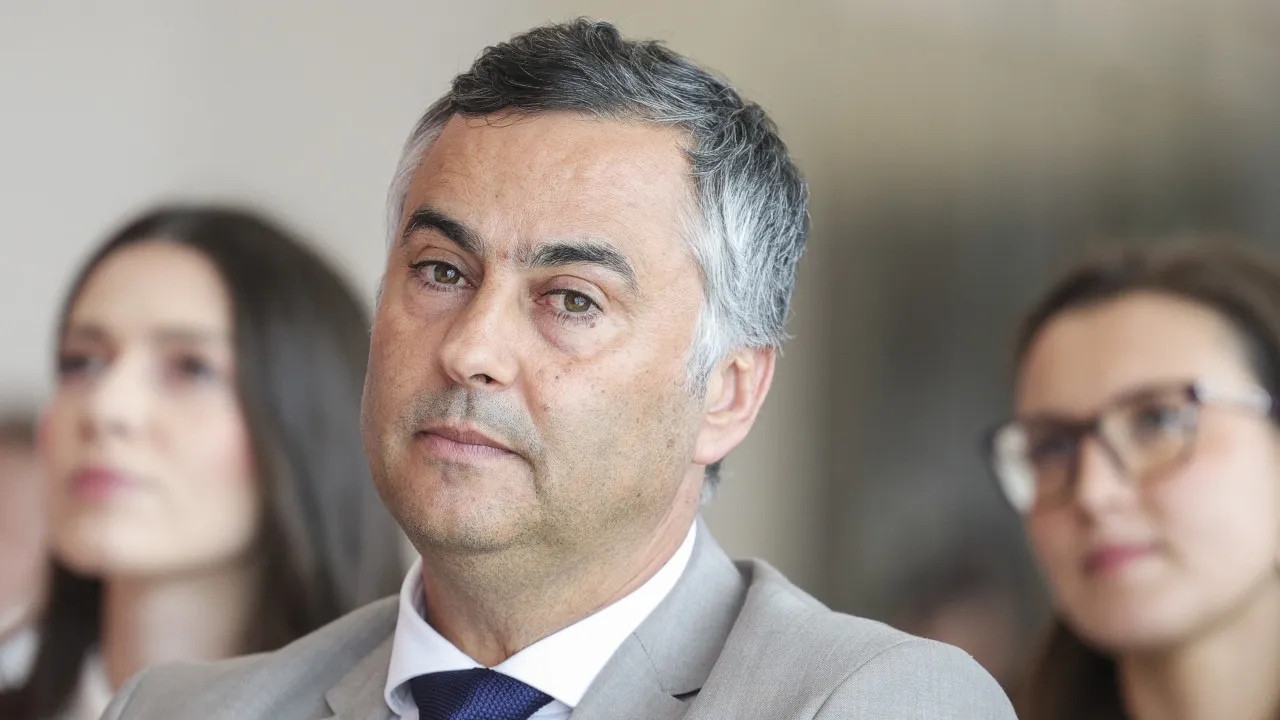
About a month ago, new border control systems were installed at Portuguese airports, resulting in passengers from non-Schengen countries waiting several hours for immigration control, as occurred again this week.
Airlines such as Easyjet are alerting passengers from outside the Schengen Area about potential queues and delays at border control in Portuguese airports.
An official from the PSP, the police force responsible for airport border control, stated that the queues are not due to a shortage of personnel but because the system is running slowly.
In a statement, the Internal Security System (SSI), which includes the Border and Foreigners Coordination Unit, a structure created within the SSI after the dissolution of the Foreigners and Borders Service, noted that the increase in passport control queues is due to “a growth in the number of passengers, ranging from 10% to 15% depending on the airport, an increase in the number of flights, and their concentration at specific times of the day, as well as stricter mandatory checks defined by European regulations.”
The SSI emphasizes that with these new systems, “border control now includes an increased number of security checks and consultations with international databases, imposed by regulations, which means more security and technology, and naturally, a need for an adaptation period for both the systems and the professionals on the ground.”
“The systems are functioning and, despite their complexity, the operation is proceeding as planned. It is important to note that we are in a period of high passenger flow, and what we can assure is that all entities involved are working closely together daily to ensure the best possible travel experience,” the SSI stated.
When asked about the reasons for the slow systems and when the issue will be resolved, the SSI addressed: “Based on ongoing monitoring, various actions have been implemented to improve the service, including network capacity enhancement, installation of new communication equipment, implementation of more automatic passenger control equipment (Rapids) for the Airports of Lisbon, Faro, Porto, Funchal, Ponta Delgada, Porto Santo, and Lages, as well as continuous training for border guards.”
The Internal Security System assures that “in collaboration with all involved entities and partner companies, it monitors the situation at all national airports every minute” and takes “immediate action to resolve issues to minimize the impact on travelers.”
“The priority is to ensure the adaptation process to the new systems is carried out as effectively as possible, with the least impact,” the SSI further noted.
The systems involved are the ‘VIS4’ (European Visa Information System), ‘PASSE+’ (National Air and Land Border Control System), and the Border Portal.
Recently, the Union of Police Professionals (ASPP/PSP) raised concerns about the exhaustion of officers in the Foreigners and Borders Unit due to various situations at airports, highlighting that with the approach of summer, actions are needed to “overcome obstacles and mitigate damage to citizens, but especially to PSP professionals.”




